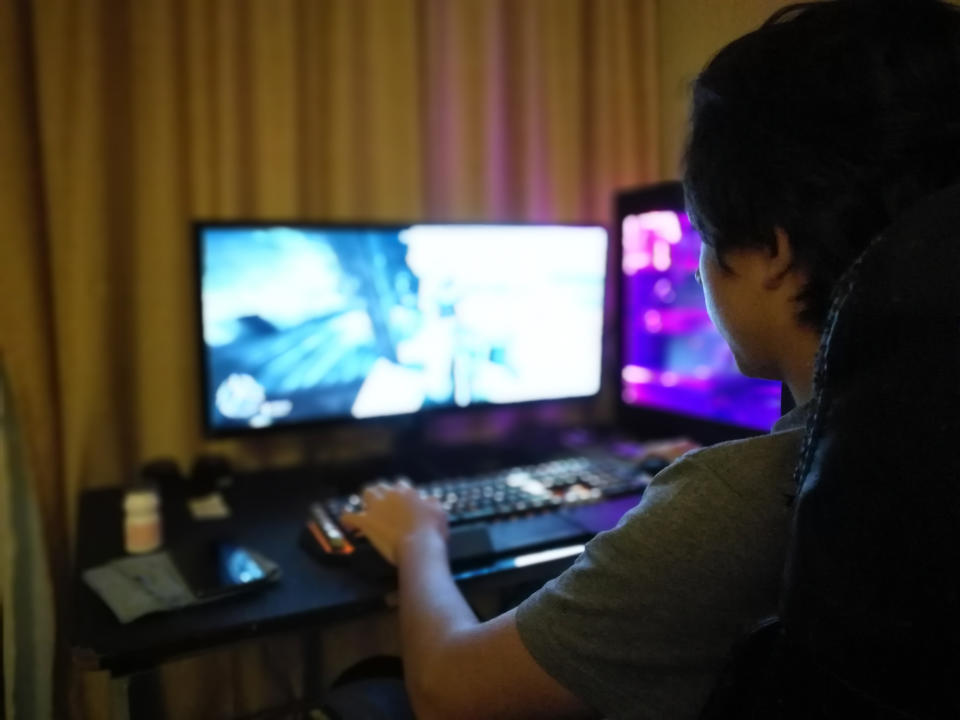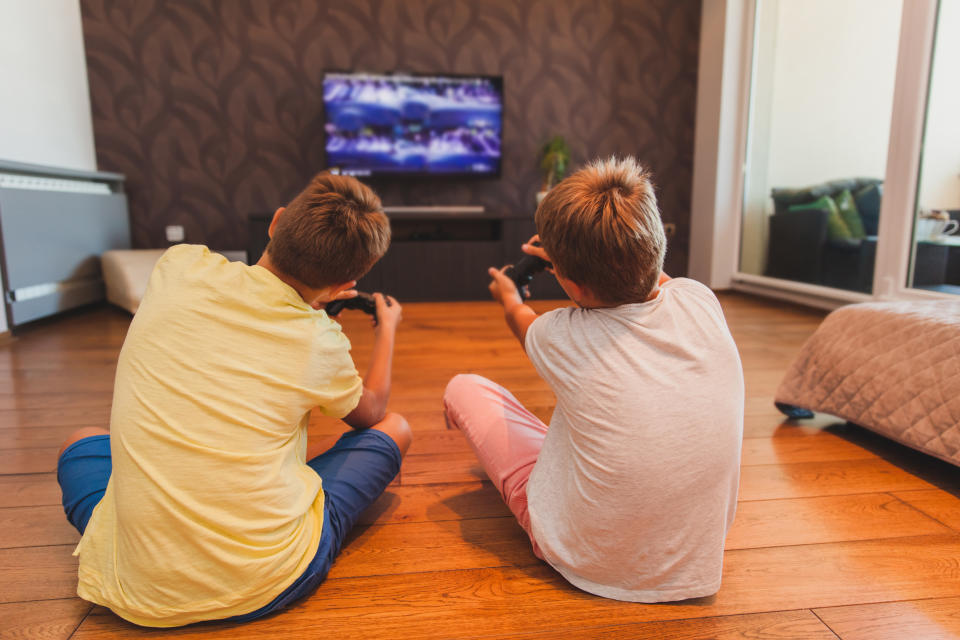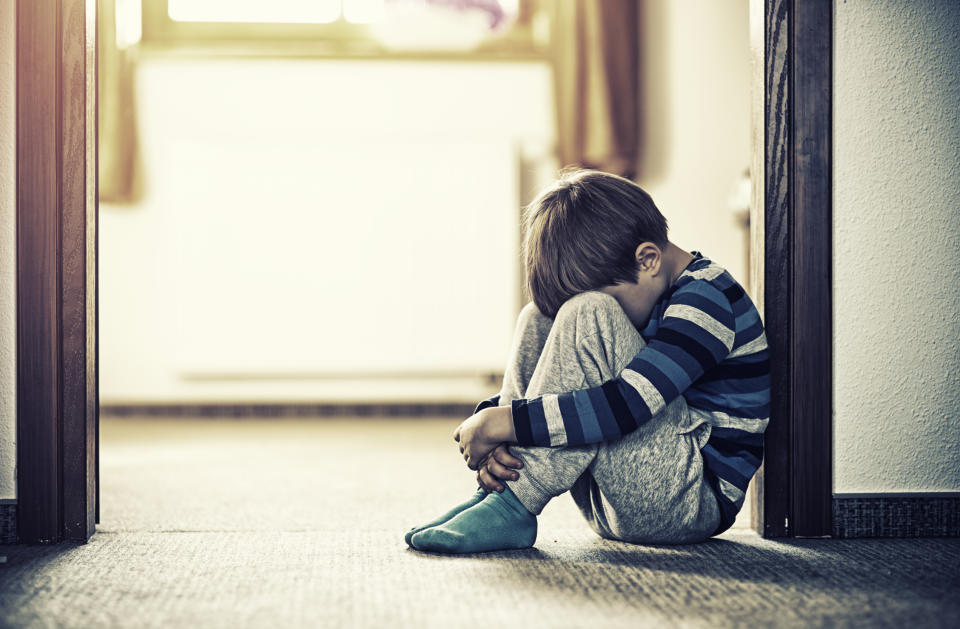How to spot video game addiction in kids
Addiction to online gaming in children has been a significant topic of discussion among parents in recent months.
Ever since a 15-year-old was officially diagnosed and treated for internet gaming addiction in the UK, ‘gaming disorder’ has become a diagnosable condition recognised by the World Health Organisation.
With online games like Fortnite reaching a record-breaking number of users, do parents have cause to be concerned about video game addiction with their children?
WHO warns that “people who partake in gaming should be alert to the amount of time they spend on gaming activities.”

But how do you tell the difference between what is ‘just’ gaming and what is harmful behaviour?
Psychologist and Clinical Director of The Cabin Australia, Cameron Brown, admits it is difficult to call a young person’s behaviour an addiction, but has given his advice on how to spot if things are getting too serious.
“Viewing a child’s hobbies and interests through an adult’s perspective is not a particularly healthy way of discriminating what is right and wrong,” Cameron tells Be.
“As adults we have competing demands, maybe you can engage with your hobby a few times a week, if that, but this doesn’t mean that it is a negative thing if your child is engaging in their hobby more than this.”

He stresses that adolescence and pre-adolescence is very much a time of self-discovery and pushing boundaries. Video games and any number of different hobbies are a way for children to experience the world through a different lens.
“Through games like Fortnite, kids can chat to their own friends online, they can speak to new people, they can experience the highs and lows of winning and losing,” Cameron tells us. “All of these experiences help the young person to discover who they are.

“Too often adults try to take these things from young people because it is ‘too much’ or that it is ‘antisocial’ and this is where problems arise. Parents fail to put good boundaries in place first.”
This type of rebellion shouldn’t be confused with addiction. Cameron points out four signs to watch out for that could mean the gaming has become more than just a hobby.
If the child is experiencing issues in one or more areas of their life, experiencing times of distress, feeling the need to constantly be preoccupied with the game, and using the game as a way of stress/mood relief.
“For example, struggles with relationships, school, work or health due to the direct impact of the time that they spend gaming,” Cameron says.
“The most important of these though is the distress and continued use of gaming despite consequences.

“The others can fall on a spectrum such as being preoccupied with a new hobby, and humans in general will use hobbies and interests to avoid feeling negative emotional states.”
WHAT TO DO IF YOU THINK YOUR CHILD COULD BE ADDICTED
Set appropriate boundaries – Speak to your child about what you see as the problem, how it makes you feel and what you are willing to do to help out. Young adults are excellent at perceiving unfairness and will push back if you put too stringent rules in place.
Act decisively – if you feel there is a problem, set boundaries immediately, don’t give your child a chance to do it themselves. Children need clear and fair direction, not stereotypical complaints like “If you don’t stop playing, I will throw it away”
If you feel there is a genuine problem, seek appropriate help through a GP with a potential referral to a psychologist. Compulsions and addictions can indicate other underlying issues, such as depression and anxiety, resolving these can do a lot towards changing maladaptive behaviours.
Got a story tip? Send it to tips@yahoo7.com.au
Want more celebrity, entertainment and lifestyle news? Follow Be on Facebook, Twitter, Pinterest, Tumblr and Instagram.

 Yahoo Lifestyle
Yahoo Lifestyle 

